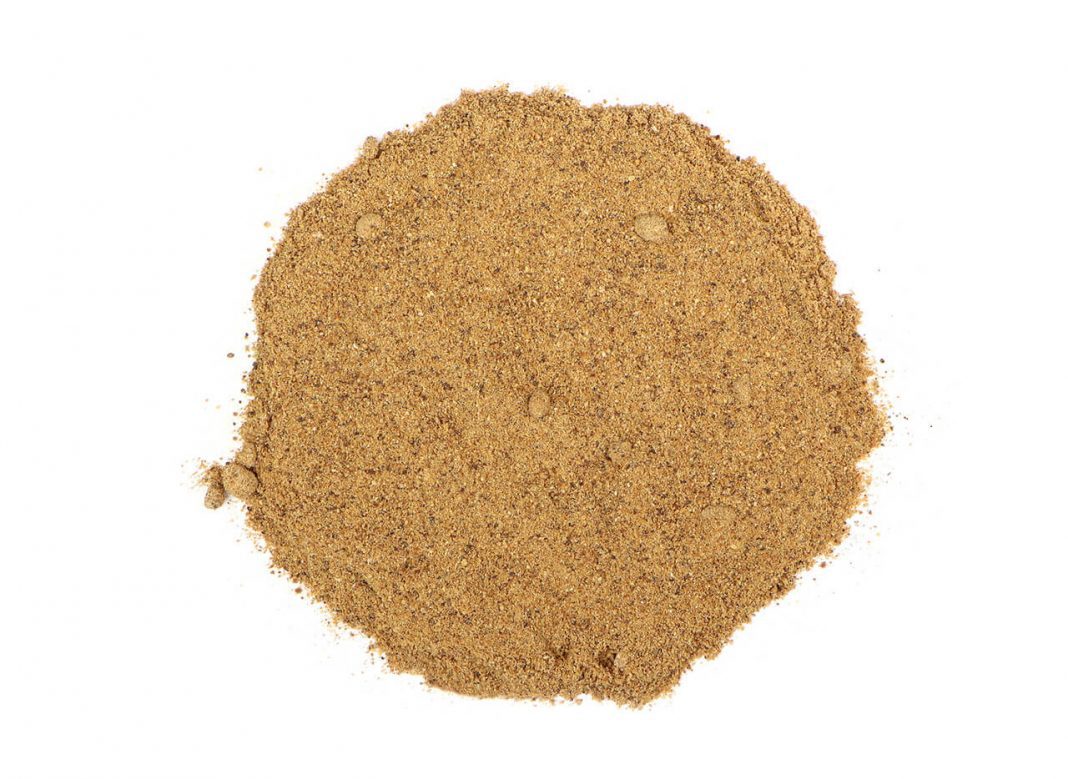Are you curious about the incredible healing properties of natural remedies? Look no further! In this article, we will explore the wonders of White Oak Bark. White Oak Bark, derived from the White Oak tree, has been used for centuries by indigenous cultures for its medicinal purposes. Let's dive into the benefits, dosage, side effects, and more!
Table of Contents
What is White Oak Bark?
White Oak Bark, derived from the White Oak tree (Quercus alba), is a natural remedy that has been used for centuries due to its medicinal properties. As the name suggests, it is the bark of the White Oak tree that holds the key to its beneficial properties.
The White Oak tree is native to North America and can be found in various regions, including the eastern and central parts of the United States. It is a majestic tree known for its strength and longevity, growing up to 100 feet tall with a wide spreading crown.
The bark of the White Oak tree has been highly valued by indigenous cultures for its therapeutic uses. They would harvest the bark and prepare it for various medicinal purposes. The inner bark, in particular, is rich in tannins, which contribute to its healing properties.
To extract the beneficial compounds, the bark is carefully peeled off the trunk and branches of the tree. It is then dried and prepared in different forms, such as powder, capsules, or as an ingredient in herbal teas and ointments.
White Oak Bark has a long history of use in traditional medicine, and its healing properties have stood the test of time. Today, it continues to be recognized for its potential in promoting overall health and well-being.
As we delve deeper into the subject, let's explore the remarkable health benefits that White Oak Bark has to offer.
Health Benefits of White Oak Bark
- Anti-Inflammatory Properties: White Oak Bark exhibits powerful anti-inflammatory properties, making it useful in relieving pain and inflammation associated with conditions like arthritis, gout, and rheumatism. Its natural compounds help reduce swelling and ease discomfort.
- Antiseptic and Astringent Qualities: White Oak Bark possesses antiseptic and astringent qualities, making it effective in treating wounds, cuts, and skin infections. It helps cleanse and soothe the affected areas, promoting faster healing.
- Digestive Support: White Oak Bark is known to have positive effects on the digestive system. It can be used to naturally relieve diarrhea and other digestive issues. Its astringent properties help to reduce inflammation and tighten the tissues of the gastrointestinal tract.
- Dental Health: White Oak Bark has been traditionally used for oral health. It can help alleviate toothache and promote healthy gums. Its antimicrobial properties combat oral bacteria, reducing the risk of cavities and gum diseases.
- Anti-aging Effects: White Oak Bark contains antioxidants that help protect the skin from free radicals, which can contribute to premature aging. It aids in maintaining a youthful appearance by reducing wrinkles and fine lines.
Also Like: Exploring the 20 Surprising Health Benefits Nance Fruit
How to Use White Oak Bark
White Oak Bark is available in various forms, including powder, capsules, and tea. Here's how to use it:
- Powder: Mix the White Oak Bark powder with water or juice to create a paste. Apply the paste directly to the affected area for wound healing or skin issues. Remember to patch test before applying to a larger area.
- Capsules: Follow the dosage instructions provided on the product packaging. Consult a healthcare professional for personalized dosage recommendations based on your specific needs.
- Tea: Brew White Oak Bark tea by steeping 1-2 teaspoons of the dried bark in a cup of hot water for 10-15 minutes. Strain and enjoy up to three cups per day. Add honey or lemon for taste, if desired.
Remember, it is crucial to consult a healthcare professional before incorporating White Oak Bark into your routine, especially if you have any underlying health conditions or are taking medications.
Side Effects and Precautions
While White Oak Bark is generally safe for most people when used properly, it's essential to be aware of potential side effects and precautions:
- Allergic Reactions: Some individuals may be allergic to White Oak Bark. If you experience any signs of an allergic reaction, such as itching, swelling, or difficulty breathing, discontinue use and seek medical attention immediately.
- Medication Interactions: White Oak Bark may interact with certain medications. If you are taking any prescription medications, consult with your healthcare provider before using White Oak Bark to avoid any potential interactions.
- Moderate Usage: It's important to use White Oak Bark in moderation. Excessive consumption may cause digestive discomfort or other adverse effects. Always follow the recommended dosage and guidelines provided by healthcare professionals or product packaging.
Also Read: Is There a Butter That Is Lactose-Free? Exploring the World of Lactose-Free Butter Options
Other Uses and Interesting Facts
Apart from its medicinal uses, White Oak Bark has other interesting applications:
- Natural Dyeing: White Oak Bark is used in natural dyeing processes to create various shades of brown and gray colors. It has been employed for centuries to dye textiles and fibers.
- Tanning: The tannins present in White Oak Bark make it valuable for tanning leather. It helps preserve and strengthen the hides, making them durable and resistant to decay.
Ongoing research continues to explore the potential benefits and uses of White Oak Bark in various fields, including skincare, wound healing, and more.
Dosage and How to Take White Oak Bark
White Oak Bark can be consumed in various forms, including as a tea, powder, or capsules. It is essential to follow the recommended dosage guidelines to ensure safe and effective use.
Dosage Guidelines
- The appropriate dosage of White Oak Bark may vary depending on the individual, their specific health condition, and the form of the product.
- It is crucial to consult with a healthcare professional or herbalist to determine the correct dosage for your needs.
- They can provide personalized recommendations based on factors such as age, weight, and overall health.
Making White Oak Bark Tea
- To make White Oak Bark tea, start by adding 1-2 teaspoons of dried White Oak Bark to a cup of boiling water.
- Allow the mixture to simmer for approximately 10-15 minutes.
- Strain the tea and let it cool down to a suitable drinking temperature.
- Drink the tea once or twice a day, as advised by your healthcare professional.
White Oak Bark Powder and Capsules
- If you prefer using White Oak Bark in powder form or capsules, it is essential to follow the instructions provided on the product packaging.
- The recommended dosage may vary depending on the concentration and strength of the product.
- It is generally advised to start with a lower dosage and gradually increase as needed under professional guidance.
Important Considerations
Remember that White Oak Bark is a natural remedy and not a substitute for professional medical advice.
It is crucial to inform your healthcare provider about any ongoing health conditions, medications, or supplements you are currently taking before incorporating White Oak Bark into your routine.
It is also important to be mindful of potential interactions with other medications, especially blood thinners or anti-inflammatory drugs.
Taking the recommended dosage of White Oak Bark and following the instructions provided by healthcare professionals will help ensure maximum benefits and minimize any potential risks. Always prioritize safety and consult with experts to determine the best approach for your individual needs.
Must Read: 10 Health Benefits of BioPerine and Piperine Supplements


